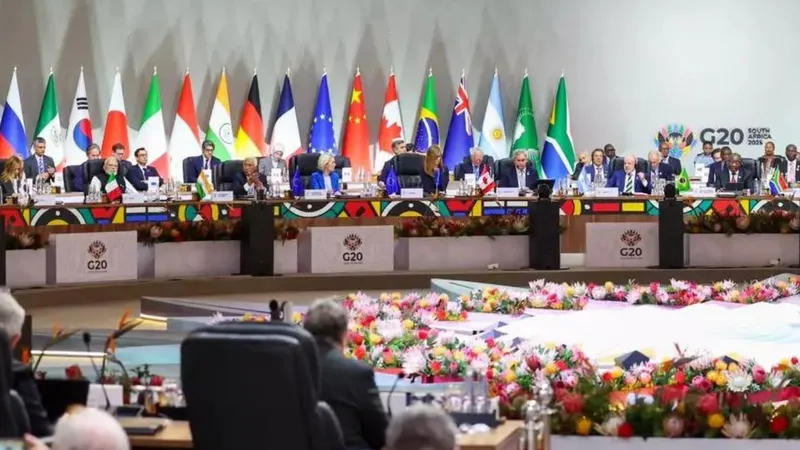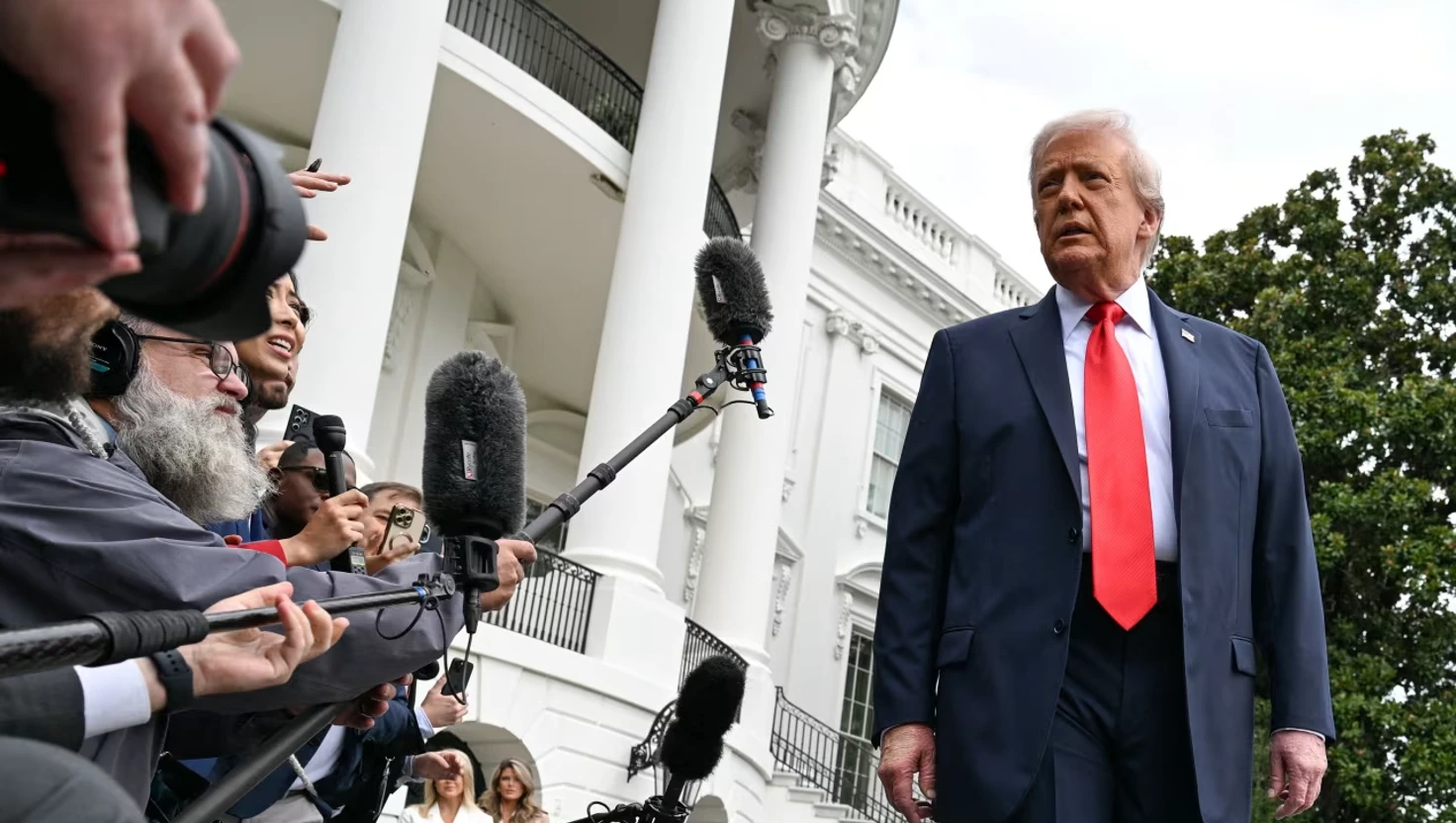Macron Highlights G20's Challenges Amid US Boycott in South Africa

French President Emmanuel Macron has expressed concerns regarding the future of the Group of Twenty (G20), suggesting that the organisation may be nearing the end of its current phase. His remarks were made during the G20 summit held in Johannesburg, South Africa, which marks the first time the gathering has taken place on the African continent.
In his opening address, Macron noted the significance of this historic summit but emphasised that the absence of the United States, the group's most influential member, raises questions about the G20's viability. "We must also recognise that the G20 may be reaching the end of a cycle," he stated, underscoring the need for collective engagement to address pressing global issues.
The summit, which has been boycotted by the US administration, is being viewed as a critical moment for international cooperation. Macron pointed to the need for a unified approach to geopolitical crises, highlighting the ongoing conflicts in Ukraine and other regions as evidence of the G20's diminishing effectiveness. "We are struggling to have a common standard on geopolitical crisis," he remarked.
Macron's comments come as he reflects on his own political future, with his presidential term set to conclude in 2027. As one of the most seasoned leaders among the Group of Seven nations, which he will host next year, he has often articulated concerns about the decline of multilateralism and the challenges facing global governance.
Historically, Macron has been vocal about the need for a more robust European military presence, a stance he adopted long before the existential threat posed by Russian President Vladimir Putin became apparent. However, critics argue that France has struggled to translate its ambitious rhetoric into actionable policies.
The G20, comprising major economies from both developed and emerging markets, was established in the aftermath of the 2008 financial crisis to foster global economic stability. However, the current geopolitical climate, exacerbated by the US boycott, has raised doubts about the group's future relevance and effectiveness.
As the summit progresses, leaders are expected to engage in discussions aimed at revitalising the G20's agenda, particularly in relation to climate change, economic recovery, and global security. With many nations facing pressing challenges, the need for a cooperative and proactive approach has never been more critical.
In conclusion, Macron's cautionary tone at the G20 summit signals broader concerns about the future of international cooperation and the ability of the G20 to adapt to an evolving global landscape. As leaders gather in South Africa, the potential for a meaningful consensus remains to be seen.

Narendra Modi Engages with Global Leaders at G20 Summit

Dhruv Rathee Critiques 'Dhurandhar' Trailer; Ranvir Shorey Responds

Trump signals second phase of sanctions against Russia

‘Imperatives of collaboration higher than compulsions of competition’: EAM Jaishankar at G20 Foreign Ministers’ Meeting





